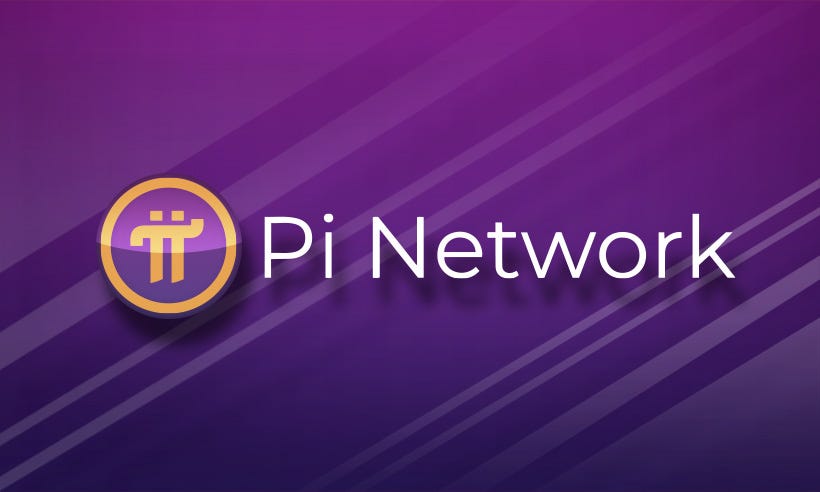|
Getting your Trinity Audio player ready...
|
U.S. President Donald Trump wasted no time in reversing several executive orders from his predecessor, Joe Biden, with a major focus on artificial intelligence (AI) regulations. Among the orders revoked was Biden’s 2023 AI executive order, which sought to establish safety standards for AI technology and required companies to share safety test results with the government.
Trump’s decision to dismantle Biden’s AI framework was in line with his long-standing criticism of overregulation, which he argues stifles innovation and economic growth. The Republican Party’s 2024 platform, while advocating for AI development, emphasized that it should be “rooted in Free Speech and Human Flourishing.” The platform sees Biden’s approach as an obstacle to AI progress and envisions a more flexible regulatory environment.
The move comes amidst a rapidly growing AI sector, with major tech leaders like Meta’s Mark Zuckerberg, Amazon’s Jeff Bezos, and Google’s Sundar Pichai standing alongside Trump at his inauguration. These tech giants are accelerating AI adoption, with Microsoft’s recent announcement of two new AI centers in Abu Dhabi marking significant global investments in AI development.
Biden’s 2023 executive order, signed in October, was designed to ensure ethical AI use, focusing on privacy, consumer protection, and mitigating biases in language models. The framework also aimed to create a regulatory reporting mechanism for companies, in collaboration with the National Institute of Standards and Technology.
Critics of Trump’s repeal, such as Alondra Nelson from the Center for American Progress, argue that without a replacement framework, the move could leave Americans vulnerable to the risks of unregulated AI. On the other hand, libertarian analyst Alexander Nowrasteh suggested that some sections of Biden’s order, especially those facilitating skilled worker immigration for AI, should have been preserved.
As the AI debate intensifies, Trump’s actions signal a shift toward a more deregulated approach, prioritizing innovation over stringent oversight. The future of AI in the U.S. now hangs in the balance as the tech industry braces for changes in governance and regulation.
Disclaimer: The information in this article is for general purposes only and does not constitute financial advice. The author’s views are personal and may not reflect the views of Chain Affairs. Before making any investment decisions, you should always conduct your own research. Chain Affairs is not responsible for any financial losses.
With a keen eye on the latest trends and developments in the crypto space, I’m dedicated to providing readers with unbiased and insightful coverage of the market. My goal is to help people understand the nuances of cryptocurrencies and make sound investment decisions. I believe that crypto has the potential to revolutionize the way we think about money and finance, and I’m excited to be a part of this unfolding story.




